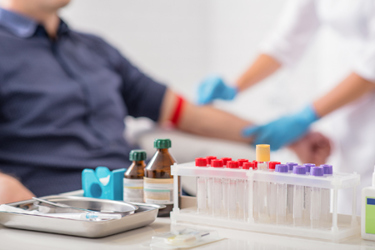Calls For Increased Education And Support For Sickle Cell Blood Therapy In US

In the United States, sickle cell disease, a debilitating inherited blood disorder, presents a complex challenge for patients, healthcare providers, and the healthcare system itself. Characterized by misshapen red blood cells that obstruct blood flow, the disease inflicts chronic pain, organ damage, and a significantly reduced quality of life. Despite advancements in treatment, including blood therapies like apheresis, access to these life-improving interventions remains severely limited.
This disparity stems from a confluence of factors: a persistent shortage of compatible blood donors, a lack of specialized treatment centers, inadequate reimbursement policies, and a critical gap in education and awareness among both the public and healthcare professionals. Consequently, many sickle cell patients face arduous journeys to receive care, often traveling across state lines and enduring significant financial and logistical burdens.
In this article, we will delve into the urgent need for greater education and awareness surrounding sickle cell disease and its treatments, and the crucial role of patient advocacy groups in driving change and advocating for improved access to care.
Get unlimited access to:
Enter your credentials below to log in. Not yet a member of Bioprocess Online? Subscribe today.
